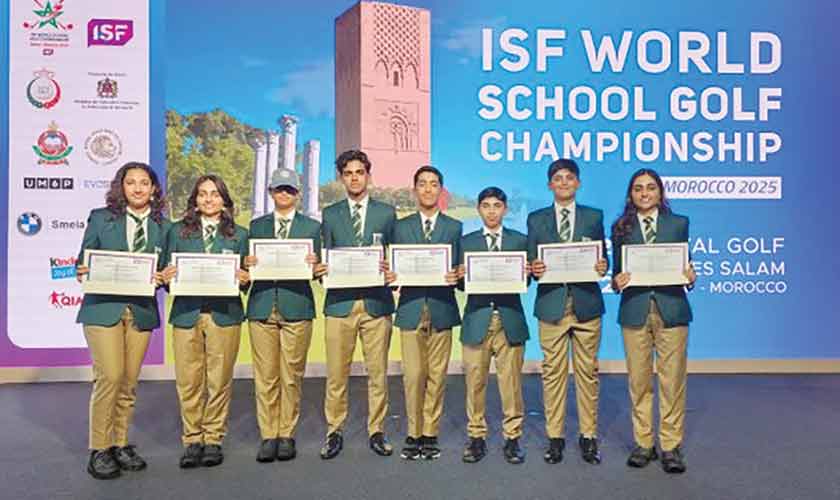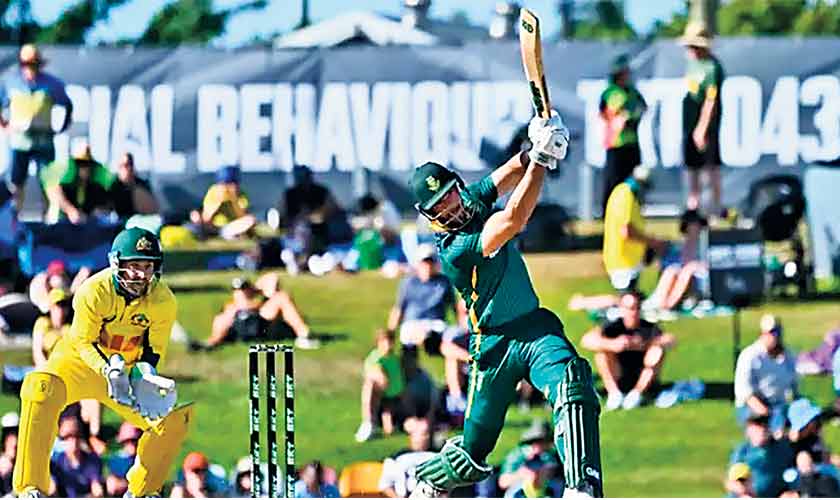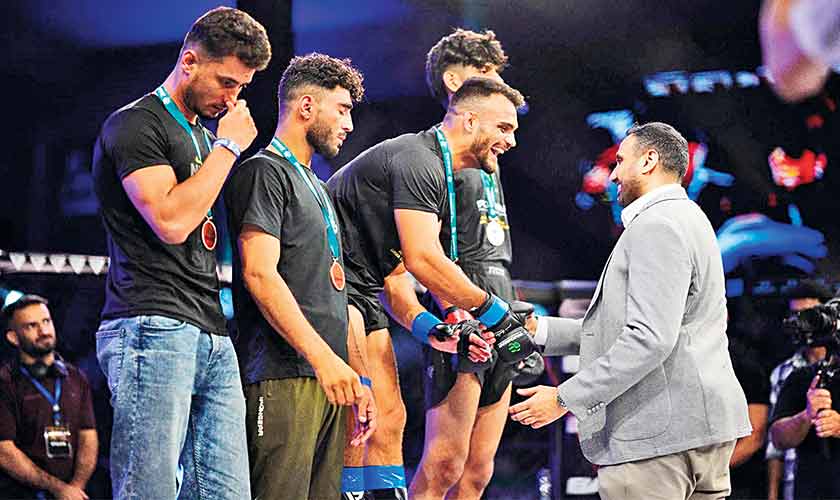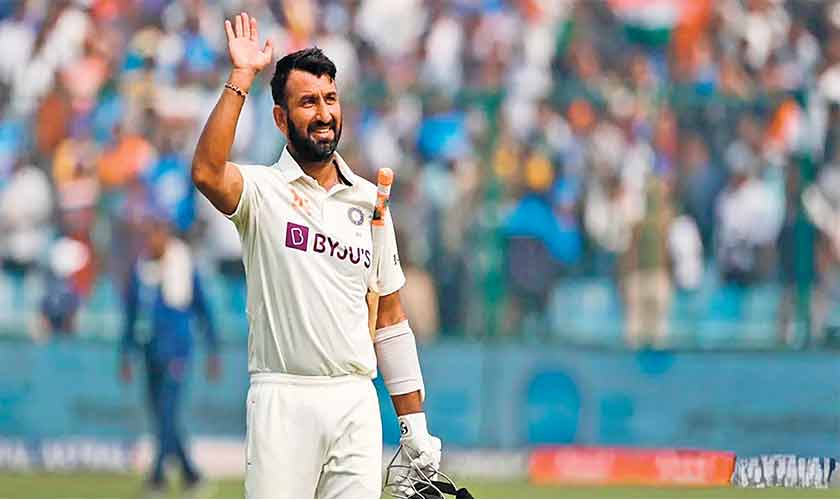It has been over three long decades since Pakistan last stood at the summit of world hockey. The memories of Olympic gold in Los Angeles, 1984, the 1994 World Cup triumph in Sydney, and the Champions Trophy victory on home soil in Lahore, 1998, now feel like relics of a forgotten golden age.
Since then, Pakistan hockey has witnessed a tragic decline and erosion not just of performance, but of identity, structure, and leadership. Despite still being among the top six in world rankings during the early 2000s, the cracks were already beginning to show. By 2008, the team had slipped to 8th-10th place, and the downward spiral accelerated alarmingly.
A major cause of this decay has been political interference and spmewhat mismanagement. Appointments in the Pakistan Hockey Federation (PHF) began reflecting government interests rather than sporting merit. Political figures were nominated to lead hockey without the expertise or vision required for international competition.
The first major humiliation came in 2014, when Pakistan failed to qualify for the FIH World Cup in The Hague a historic low. After the resignations of Qasim Zia and Olympian Asif Bajwa, the authorities appointed Chaudhry Akhtar Rasool and Olympian Rana Mujahid to run the game which was considered as a debatable decision. Pakistan then failed to qualify for the 2016 Rio Olympics another first and another blow to national pride.
In 2015 the Brig (retd) Khalid Sajjad Khokhar wasd appointment as PHF President. This decision ignored the need for reform and deepened the crisis. According to the PHF Constitution, the Prime Minister- acting as the Patron-in-Chief- holds sole authority to appoint the President, bypassing the PHF Congress. This system has strangled any democratic effort within the federation to steer itself back on track.
Meanwhile, the global hockey landscape was evolving. In 2015, the FIH replaced the historic Champions Trophy with the Hockey World League, which eventually transitioned to the FIH Pro League in 2018. Pakistan was part of the inaugural edition. However, internal politics derailed this opportunity too.
Afterwards with Pakistan unable to host matches at home due to security issues, PHF negotiated an expensive home venue arrangement with Scotland Hockey – a deal that proved financially crippling.
Just days before crucial matches in Argentina, Brig. Khokhar and Ayaz Mehmood abruptly pulled the team out, citing lack of funds. But documents later revealed that over 20 million rupees remained in PHF accounts enough to sustain participation in the league. The withdrawal was not just a misstep; it was a betrayal. It marked what many consider the real murder of Pakistan hockey, culminating in the team plummeting to 18th in the world rankings.
After nearly seven years of despair, humiliation, and exclusion from world-class hockey, the tides finally seem to be shifting in Pakistan’s favour.
In a recent ray of hope, Pakistan reached the final of the FIH Nations Cup, losing to New Zealand. Yet, that runners-up position was enough to secure a coveted place in the upcoming FIH Pro League 2025-26, a premier tournament featuring the top 9 teams of international hockey: Netherlands, Germany, Australia, Belgium, Spain, Argentina, India, England and now, Pakistan.
This opportunity is not just symbolic, it’s strategic. Competing against these top-tier nations could be the catalyst Pakistan hockey so desperately needs to reclaim its dominance in Asia and position itself for qualification in the 2026 Hockey World Cup and the 2028 Los Angeles Olympics.
The format of the Pro League is rigorous: each team plays two matches against every other team, totaling 16 high-stakes games per season. Typically, most countries host 6 to 8 of these matches on home soil, generating significant revenue through ticket sales, sponsorships, and broadcast rights. The remaining matches are played abroad, mostly in Europe, over compressed schedules. For example, in last Pro League event India hosted 8 matches at home and played the rest in Europe over just 25 days.
If Pakistan replicates this model, it could not only minimise costs but actually generate more revenue than it spends. Hosting matches at home, could result in substantial income.
Conservative estimates suggest the total cost for the full Pro League season is no more than PKR 150 million, but with proper planning and marketing, Pakistan Hockey Federation (PHF) could earn up to PKR 15 million.
Unfortunately, old habits die hard. In a recent joint press conference by PHF and the Pakistan Sports Board, officials claimed a staggering PKR 750 million would be needed for Pro League participation. This figure raised serious eyebrows. Not only does it reflect a disturbing lack of professionalism, but it also borders on financial irresponsibility even “criminal misrepresentation”, according to some experts. Such inflated projections not only undermine credibility but risk deterring potential sponsors and government support.
At the moment this chance is a gift, hard-earned after years in the wilderness. Pakistan hockey is once again on the doorstep of elite international competition. But glory will only come if this opportunity is managed with transparency, planning, and integrity.
The question is: Will PHF finally break free from the web of politics and mismanagement or will we witness another self-inflicted collapse?
For nearly two decades, security concerns isolated Pakistan from the global sports community. International teams refused to tour, stadiums went silent, and fans were left with memories rather than matches. But today, that isolation is over.
In a historic turnaround, Pakistan has restored peace and confidence, not just politically but in the arena of global sports diplomacy. This year alone, Pakistan hosted the ICC Champions Trophy 2025, welcomed top cricketing nations like Australia, England, South Africa, and New Zealand. This would have been unthinkable just a few years ago.
But it’s not just cricket that’s making a comeback.
In March 2025, Pakistan proudly hosted the German U-21 national hockey team, a move that showcased trust from one of the world’s most disciplined hockey nations. Prior to that, German and Dutch club teams visited and competed with local sides, establishing strong ties between Pakistan and European hockey. Furthermore, embassies of leading hockey nations are actively collaborating with Pakistani clubs and academies, facilitating training, equipment exchanges, and goodwill matches.
This growing international engagement signals something powerful: Pakistan is ready to once again host Pro League hockey matches on home soil.
Bringing the FIH Pro League to Pakistan offers more than just cost-cutting advantages. Yes, it will save tens of millions compared to hosting games in Europe or Australia, but more importantly, it reignites passion for hockey at the grassroots. In the 1990s and before, packed stadiums and stick-wielding kids in every neighborhood were common sights. Reviving top-tier hockey at home could inspire a new generation, much like the 1984 gold medal once did.
But time is short, and the stakes are high.
If Pakistan fails to participate in the Pro League, the alternative is bleak. The team will be forced to play the Nations Cup or similar low-profile tournaments abroad, involving 6-8 matches with nearly the same costs but none of the prestige or ranking benefits. For years, Pakistan has participated in second-tier events like the Nations Cup, which offer little in terms of competition or exposure.
The FIH Pro League is not just a tournament it’s a ticket back to the world stage. It is the only platform where Pakistan can compete with the best, improve global rankings, attract sponsorship, and restore public and media interest. The momentum is there, the world is watching, and for the first time in decades, Pakistan has the security infrastructure to back it up.
But that momentum can only become movement with leadership, transparency, and courage.
This is the final whistle for excuses and possibly the first whistle of a new golden era. The future of Pakistan hockey begins now.






